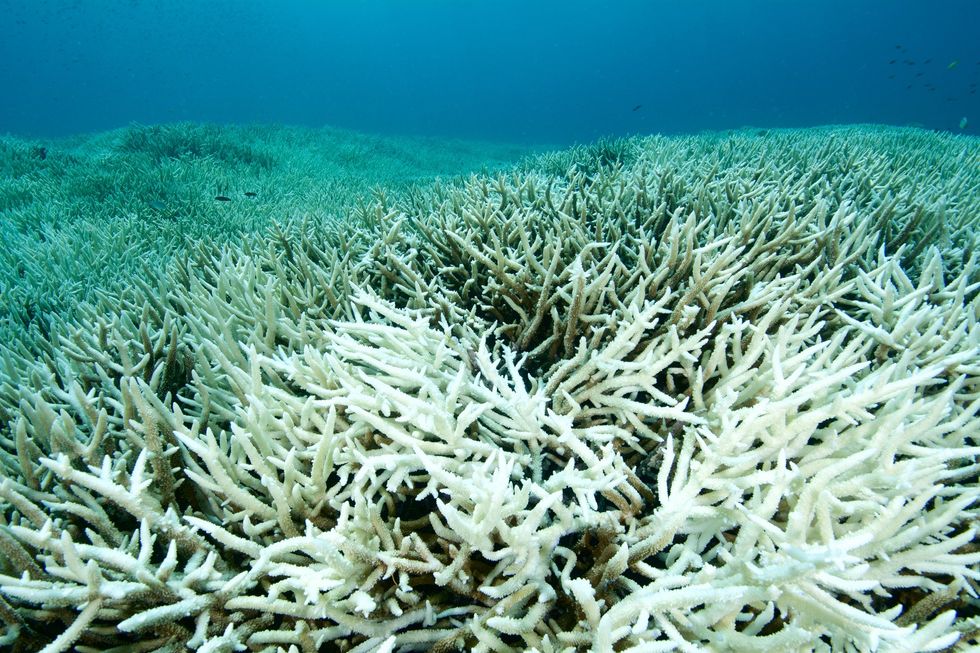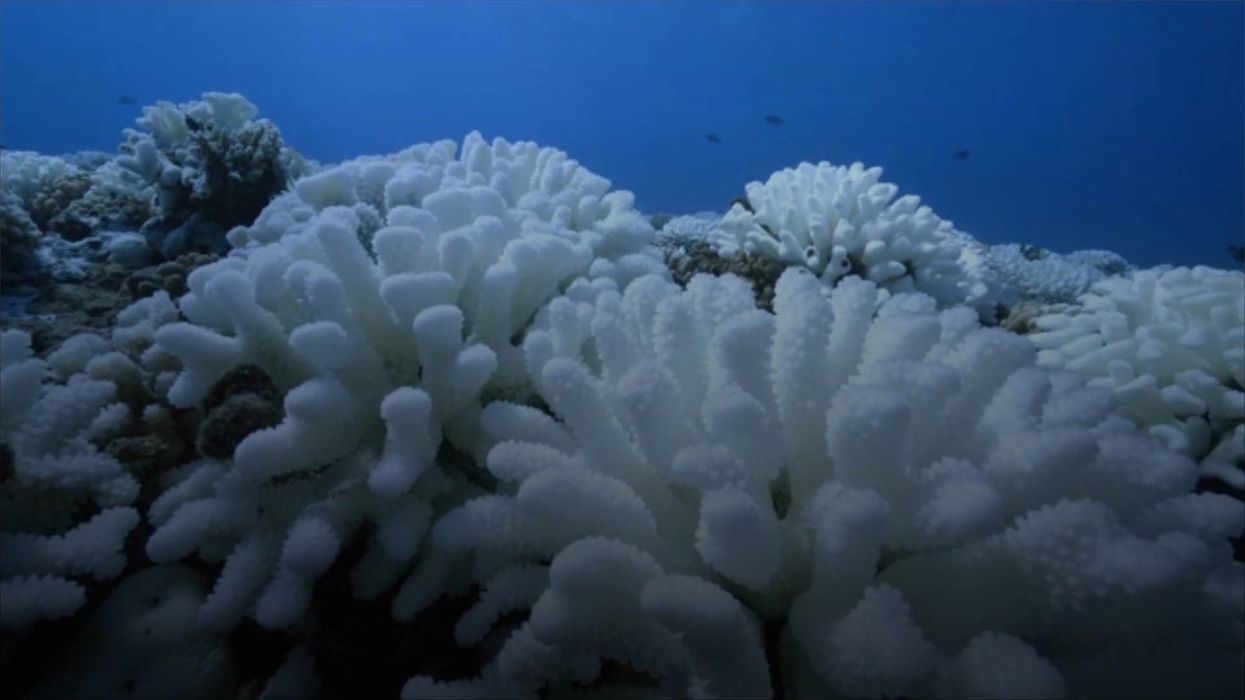Sinead Butler
Jul 30, 2024
Coral Reefs Are Heading Toward the Worst Global Mass Bleaching on Record
Cover Media - Shareable / VideoElephant
We all hear about the dangers of global warming, particularly how this has impacted coral reefs.
In a bid to save the ecosystem, it has been suggested that native species could be replaced with one from a different part of the world that can handle the rising temperatures.
Two coral researchers have urged for this idea to be assessed and not to be disregarded as a viable option, after all living corals are a necessity to maintain the health of the reefs.
Michael Wester at New York University has expressed this exact point, saying [via New Scientist]: "Coral does a lot more than just look pretty on the reef. It provides spaces for different organisms to live. It blocks waves from shorelines, it makes the sand for tropical beaches."
But as global warming continues, it causes a change in the ocean temperature and consequently this has cause widespread bleaching – where coral expel the algae living in their tissue which has lots of nutrients, turning It completely white and result in coral dying off.

Wester noted how this is a worldwide problem and there has been “mixed results” when using “conventional tools” to attempt to bring the healthy coral back.
He alongside Daniel Schindler at the University of Seattle believe it is worth trying to introduce alien coral (ecological replacement) and expressed this in an opinion piece.
"You might be able to find corals in a very different place that have already adjusted to the conditions that are arriving at a place, or that might be at that place in the future. You can essentially try and find corals that are pre-adapted,” Schindler said.
However, this idea is not without controversy and opponents which is acknowledged by the pair.
If the worse-case scenario played out that it could see diseases or predators are inadvertently being introduced, the alien species take over from the native species or create some kind of hybrid of the two.
On the other hand, we could see more damage to corals as a consequence of global warming if we don't take action now and leave it too late to do something to tackle the issue.
Instead of genetic engineering, Webster believes using the "existing diversity" is our "best bet".
However, Terry Hughes at James Cook University in Queensland, Australia, does not believe this is the answer, calling the idea "naïve, dangerous and astonishingly arrogant".
"The authors fail to acknowledge that huge ecological damage has already been inflicted on the world’s coral reefs by accidental and deliberate introductions of exotic species."
He added that this is "not a sane solution".
Hughes then highlighted when an unknown Pacific disease spread out from the Panama canal entrance back in the 1980s which subsequently led to algae-eating urchins in the Caribbean being eradicated.
Sign up to our free indy100 weekly newsletter
How to join the indy100's free WhatsApp channel
Top 100
The Conversation (0)














